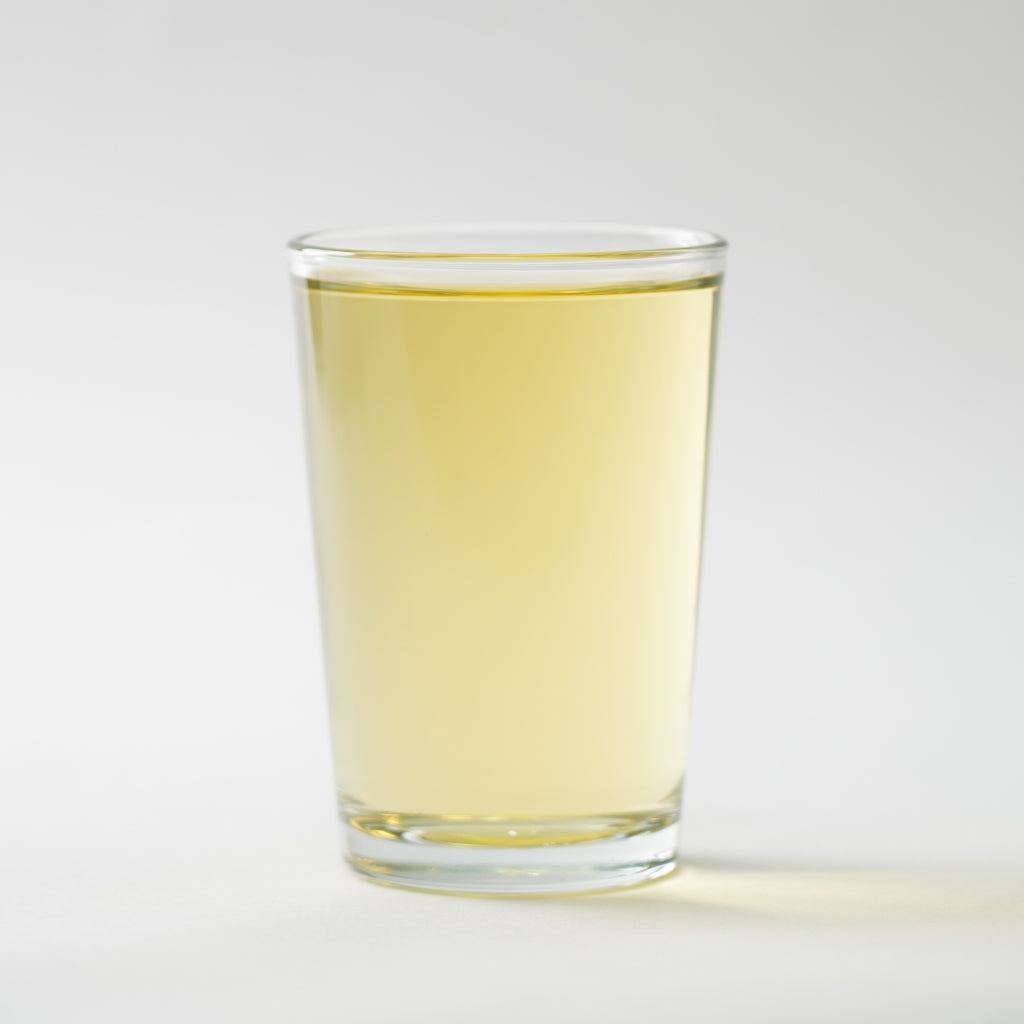Astringency and bitterness are two distinct tastes that can be experienced when consuming certain foods and beverages.
Astringency is a dry, puckering sensation in the mouth that is caused by tannins, which are compounds found in certain plants.
Bitterness, on the other hand, is a sharp, unpleasant taste caused by compounds such as alkaloids and quinines.
 Astringency is often described as a “tannic” taste, and it can be found in foods such as tea, red wine, unripe fruits, and certain vegetables.
Astringency is often described as a “tannic” taste, and it can be found in foods such as tea, red wine, unripe fruits, and certain vegetables.
Bitterness, on the other hand, is often found in foods such as coffee, dark chocolate, and certain herbs and spices.
The difference between astringency and bitterness is that astringency is a dry, puckering sensation in the mouth, while bitterness is a sharp, unpleasant taste. Astringency is caused by tannins, while bitterness is caused by compounds such as alkaloids and quinines.
Astringency is often found in tea, red wine, unripe fruits, and certain vegetables, while bitterness is often found in coffee, dark chocolate, and certain herbs and spices.
Astringency and Bitterness of Japanese tea
Astringency is a dry, puckering sensation in the mouth that is caused by tannins, which are compounds found in certain plants.
Bitterness, on the other hand, is a sharp, unpleasant taste caused by compounds such as alkaloids and quinines.The astringency and bitterness of
Japanese tea can vary depending on the type of tea, the brewing method, and the length of time the tea is steeped.
Green tea is known for its astringency and bitterness, while black tea is known for its more mellow flavor.
Matcha, a powdered green tea, is known for its intense astringency and bitterness.
 The astringency and bitterness of
Japanese tea can be balanced by adding other ingredients such as sugar, honey, or milk. Adding these ingredients can help to reduce the astringency and bitterness of the tea, making it more palatable.Japanese tea is a popular beverage in Japan and around the world, and its astringency and bitterness can be enjoyed by tea drinkers of all levels.
The astringency and bitterness of
Japanese tea can be balanced by adding other ingredients such as sugar, honey, or milk. Adding these ingredients can help to reduce the astringency and bitterness of the tea, making it more palatable.Japanese tea is a popular beverage in Japan and around the world, and its astringency and bitterness can be enjoyed by tea drinkers of all levels.
Uniqueness of Japanese tea
Japanese tea is unique in its flavor, aroma, and brewing methods. The unique flavor of Japanese tea comes from the soil, climate, and cultivation methods used in Japan.
Japanese tea is known for its astringency and bitterness, which can vary depending on the type of tea, the brewing method, and the length of time the tea is steeped.The unique aroma of
Japanese tea is due to the terroir, or the combination of soil, climate, and cultivation methods used in Japan.
Japanese tea is also known for its distinctive brewing methods, which involve steaming and rolling the tea leaves before they are dried and processed.
 The unique flavor, aroma, and brewing methods of Japanese tea make it a popular beverage in Japan and around the world. Japanese tea is often enjoyed with traditional Japanese snacks such as rice crackers, pickles, and sweet treats.
The unique flavor, aroma, and brewing methods of Japanese tea make it a popular beverage in Japan and around the world. Japanese tea is often enjoyed with traditional Japanese snacks such as rice crackers, pickles, and sweet treats.
Japanese tea can also be enjoyed on its own or with other ingredients such as sugar, honey, or milk to balance the astringency and bitterness.
Flavor and Aroma of Japanese tea
The flavor and aroma of Japanese tea are unique and complex.
The flavor of Japanese tea is known for its astringency and bitterness, which can vary depending on the type of tea, the brewing method, and the length of time the tea is steeped.
The unique flavor of Japanese tea comes from the soil, climate, and cultivation methods used in Japan.The aroma of
Japanese tea is also unique and complex. Japanese tea is known for its distinctive aroma, which is due to the terroir, or the combination of soil, climate, and cultivation methods used in Japan.
Japanese tea is also known for its distinctive brewing methods, which involve steaming and rolling the tea leaves before they are dried and processed.
 The flavor and aroma of
Japanese tea make it a popular beverage in Japan and around the world.
Japanese tea can be enjoyed on its own or with other ingredients such as sugar, honey, or milk to balance the astringency and bitterness.
The flavor and aroma of
Japanese tea make it a popular beverage in Japan and around the world.
Japanese tea can be enjoyed on its own or with other ingredients such as sugar, honey, or milk to balance the astringency and bitterness.
Japanese tea is also often enjoyed with traditional Japanese snacks such as rice crackers, pickles, and sweet treats.








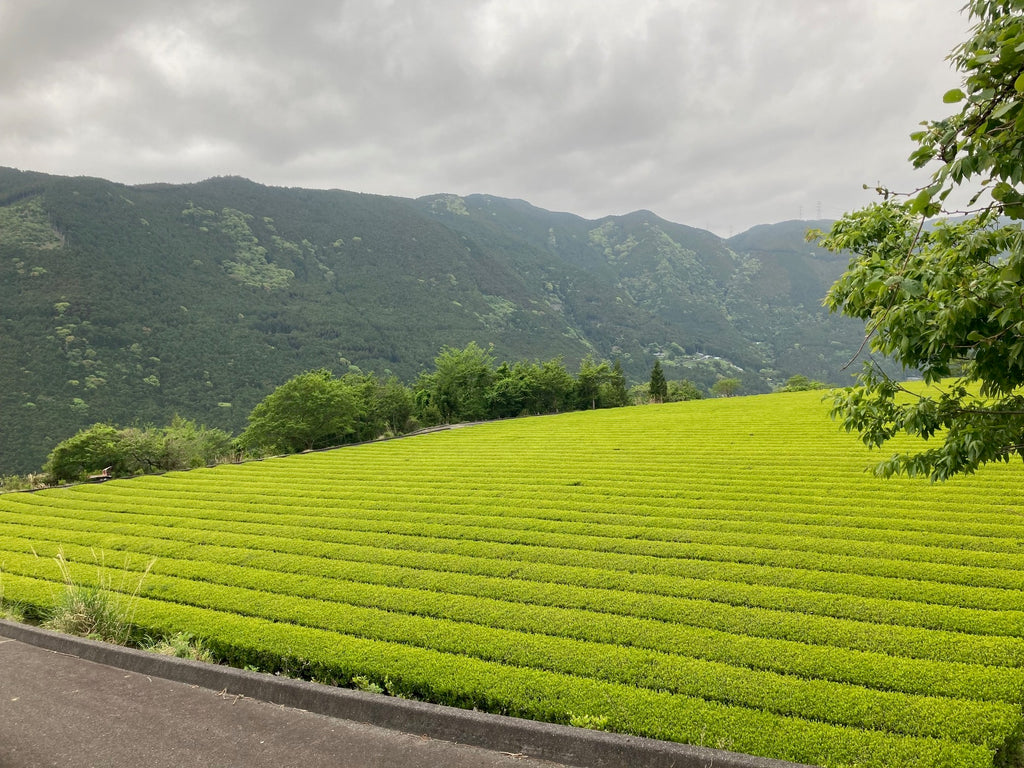
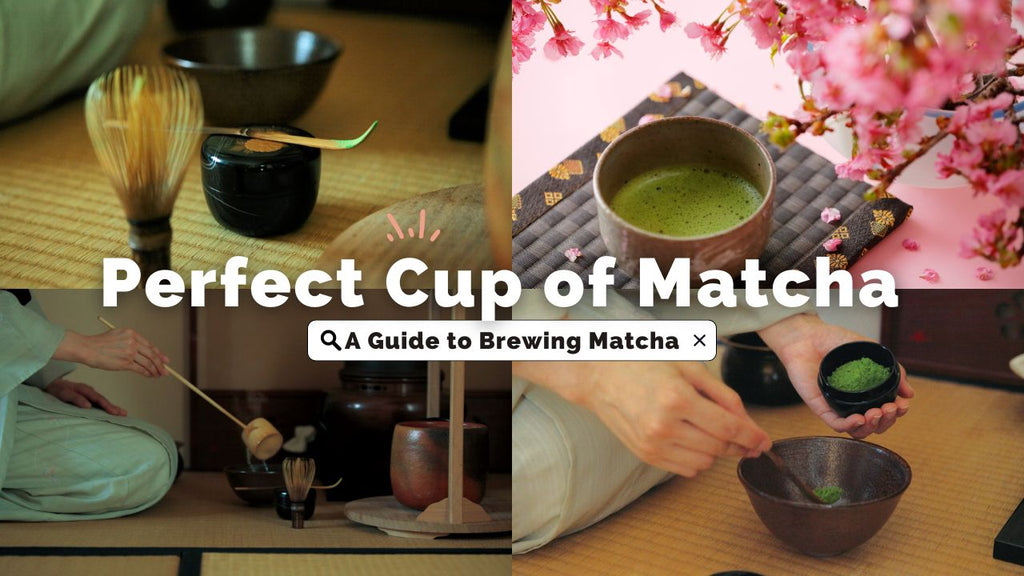
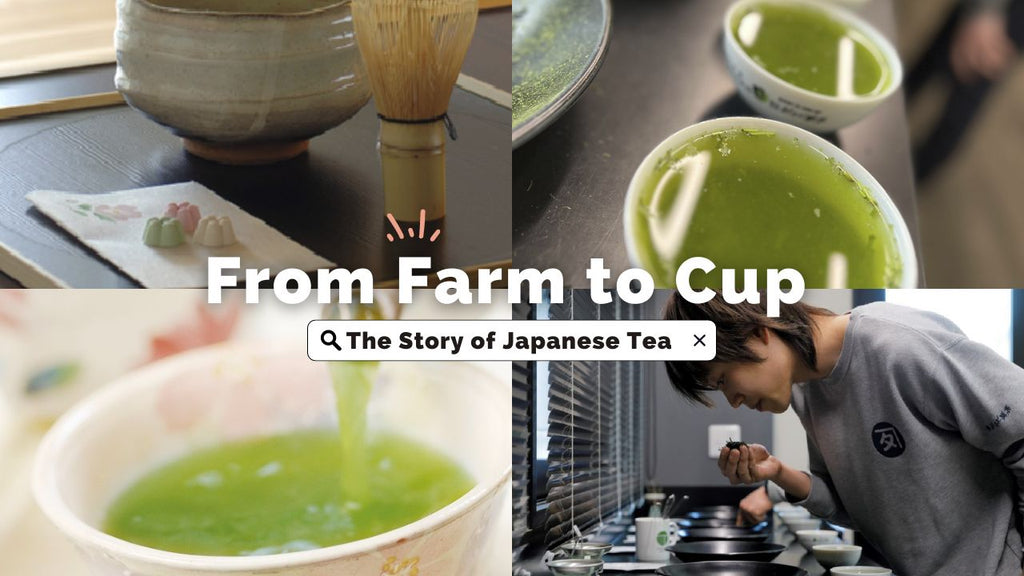
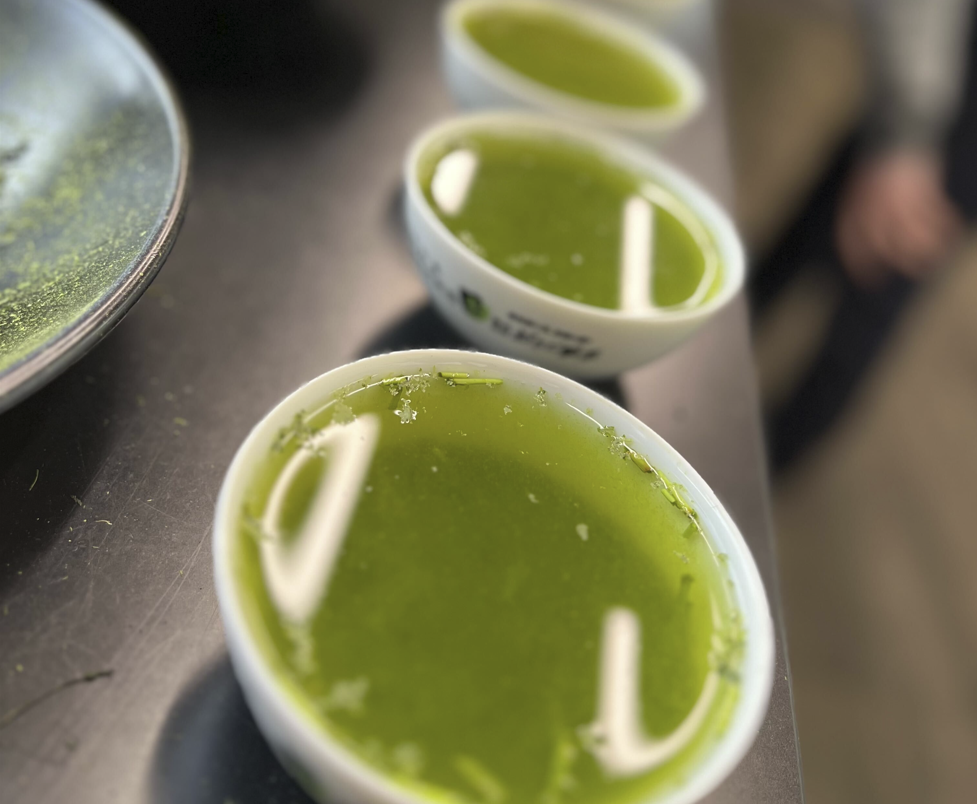

![[OT-10] MATCHA KOSHUN (20g/0.7oz)](http://osadateajapan.com/cdn/shop/products/OT-10-1-_1.jpg?v=1673502690)
![[OT-04] MATCHA NONO (20g/0.7oz)](http://osadateajapan.com/cdn/shop/products/OT-04-1-_1.jpg?v=1673502659)
![[OT-11] MATCHA OKUMIDORI (20g/0.7oz)](http://osadateajapan.com/cdn/shop/products/OT-11-1-_1.jpg?v=1673502695)
![[OT-09] MATCHA SAEAKARI (20g/0.7oz)](http://osadateajapan.com/cdn/shop/products/OT-09-1-_1.jpg?v=1673502685)
![[OT-01] MATCHA SAMIDORI TEZUMI (20g/0.7oz)](http://osadateajapan.com/cdn/shop/products/OT-01-1-c6043315-f32d-4781-9b40-c902247ddea9-_1.jpg?v=1673502644)
![[OT-02] ORGANIC NISHI MATCHA OKUMIDORI (20g/0.7oz)](http://osadateajapan.com/cdn/shop/products/OT-02-1-_1.jpg?v=1673502648)
![[OT-05] ORGANIC NISHI MATCHA TSUYUHIKARI (20g/0.7oz)](http://osadateajapan.com/cdn/shop/products/OT-05-1-_1.jpg?v=1673502663)
![[OT-16] ORGANIC MATCHA HAMANASU (20g/0.7oz)](http://osadateajapan.com/cdn/shop/products/OT-16-1-_1.jpg?v=1673502719)
![[OT-61] ORGANIC BANCHA (30g/1oz)](http://osadateajapan.com/cdn/shop/products/OT-61-1-_1.jpg?v=1673502855)
![[OT-58] ORGANIC GENMAICHA (30g/1oz)](http://osadateajapan.com/cdn/shop/products/OT-58-1-_1.jpg?v=1673502847)
![[OT-34] ORGANIC GYOKURO OKUMIDORI (30g/1oz)](http://osadateajapan.com/cdn/shop/products/OT-34-1-_1.jpg?v=1673502781)
![[OT-33] ORGANIC GYOKURO SAEMIDORI (30g/1oz)](http://osadateajapan.com/cdn/shop/products/OT-33-1-_1.jpg?v=1673502778)
![[OT-56] ORGANIC MATCHA GENMAICHA (30g/1oz)](http://osadateajapan.com/cdn/shop/products/OT-56-1-_1.jpg?v=1673502843)
![[OT-43] ORGANIC OKUMIDORI KABUSECHA (30g/1oz)](http://osadateajapan.com/cdn/shop/products/OT-43-1-_1.jpg?v=1673502808)
![[OT-40] ORGANIC SENCHA AG TSUYUHIKARI (30g/1oz)](http://osadateajapan.com/cdn/shop/products/OT-40-1-_1.jpg?v=1673502801)
![[OT-39] ORGANIC SENCHA HIRAKI ASAMUSHI (30g/1oz)](http://osadateajapan.com/cdn/shop/products/OT-39-1-_1.jpg?v=1673502798)
![[OT-27] ORGANIC OOLONGTEA GOKOU (30g/1oz)](http://osadateajapan.com/cdn/shop/products/OT-27-1-_1.jpg?v=1673502764)
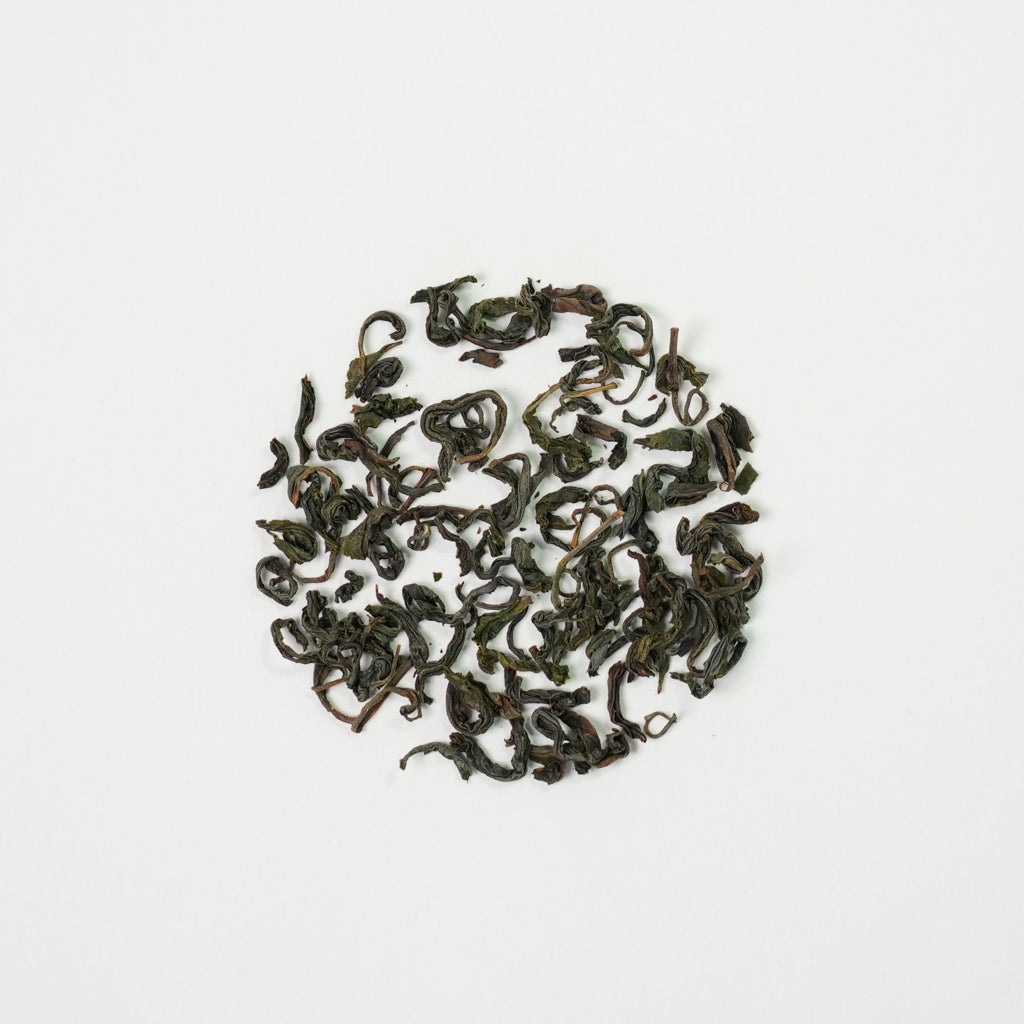
![[OT-28] ORGANIC OOLONGTEA KURASAWA (30g/1oz)](http://osadateajapan.com/cdn/shop/products/OT-28-1-1-_1.jpg?v=1673502766)
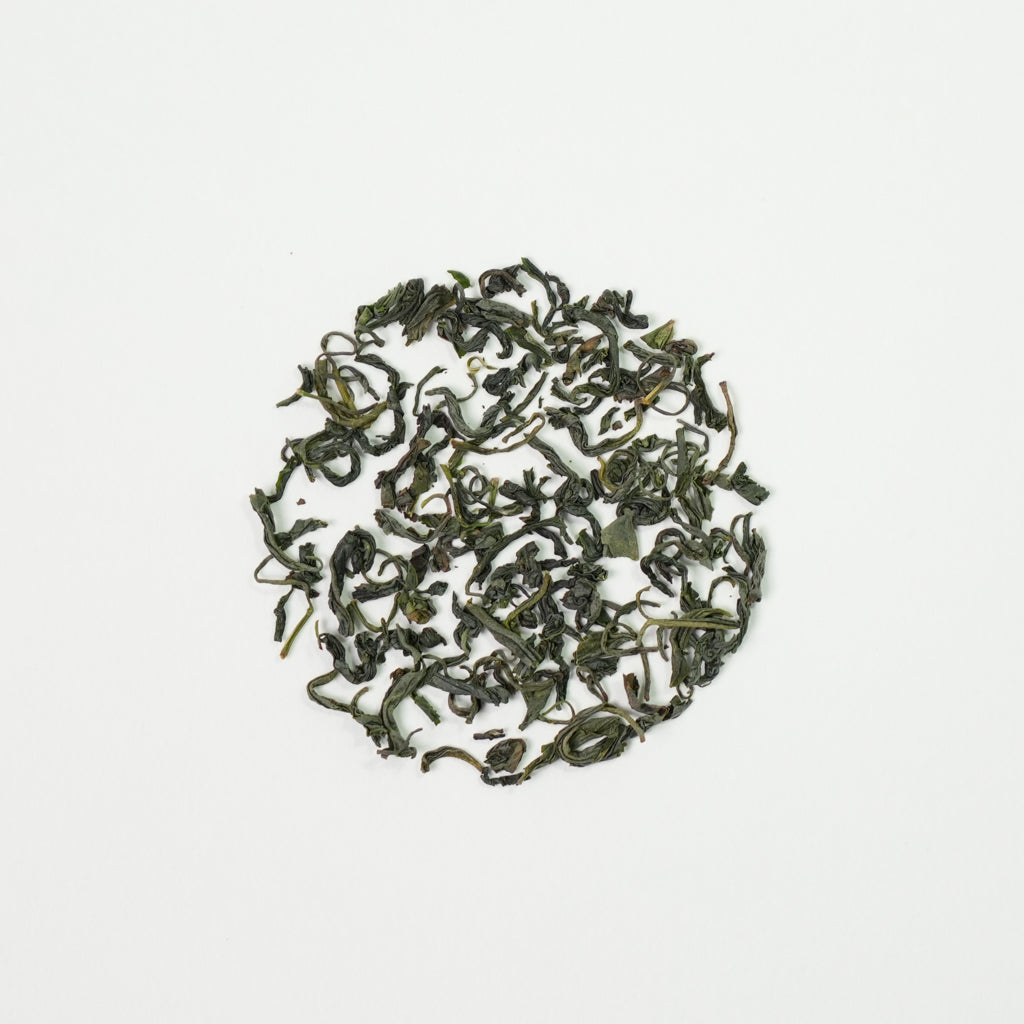
![[OT-31] ORGANIC OOLONGTEA SURUGAWASE SF (30g/1oz)](http://osadateajapan.com/cdn/shop/products/OT-31-1-_1.jpg?v=1673502772)
![[OT-26] ORGANIC OOLONGTEA TSUYUHIKARI (30g/1oz)](http://osadateajapan.com/cdn/shop/products/OT-26-1-_1.jpg?v=1673502762)
![[OT-29] ORGANIC OOLONGTEA ZAIRAI FF (30g/1oz)](http://osadateajapan.com/cdn/shop/products/OT-29-1-_1.jpg?v=1673502768)
![[OT-30] ORGANIC OOLONGTEA ZAIRAI SF (30g/1oz)](http://osadateajapan.com/cdn/shop/products/OT-30-1-_1.jpg?v=1673502770)
![[OT-04] MATCHA NONO (20g/0.7oz)](http://osadateajapan.com/cdn/shop/products/OT-04-5.jpg?v=1671249709)
![[OT-01] MATCHA SAMIDORI TEZUMI (20g/0.7oz)](http://osadateajapan.com/cdn/shop/products/OT-01-5_504055a4-6c55-440d-af84-58b806fd5bf5.jpg?v=1671136783)
![[OT-32] ORGANIC BLACKTEA BENIFUUKI (30g/1oz)](http://osadateajapan.com/cdn/shop/products/OT-32-1-_1.jpg?v=1673502774)
![[OT-32] ORGANIC BLACKTEA BENIFUUKI (30g/1oz)](http://osadateajapan.com/cdn/shop/products/OT-32-5.jpg?v=1671250277)
![[OT-50] ORGANIC KAMAIRICHA FF (30g/1oz)](http://osadateajapan.com/cdn/shop/products/OT-50-1-_1.jpg?v=1673502826)
![[OT-50] ORGANIC KAMAIRICHA FF (30g/1oz)](http://osadateajapan.com/cdn/shop/products/OT-50-5.jpg?v=1671250984)
![[OT-14] ORGANIC MATCHA KAKITSUBATA (20g/0.7oz)](http://osadateajapan.com/cdn/shop/products/OT-14-1-_1.jpg?v=1673502708)
![[OT-14] ORGANIC MATCHA KAKITSUBATA (20g/0.7oz)](http://osadateajapan.com/cdn/shop/products/OT-14-5.jpg?v=1671249965)
![[OT-07] ORGANIC MATCHA KOIAI (20g/0.7oz)](http://osadateajapan.com/cdn/shop/products/OT-07-1-_1.jpg?v=1673502675)
![[OT-07] ORGANIC MATCHA KOIAI (20g/0.7oz)](http://osadateajapan.com/cdn/shop/products/OT-07-5.jpg?v=1671249758)
![[OT-27] ORGANIC OOLONGTEA GOKOU (30g/1oz)](http://osadateajapan.com/cdn/shop/products/OT-27-5.jpg?v=1671250166)
